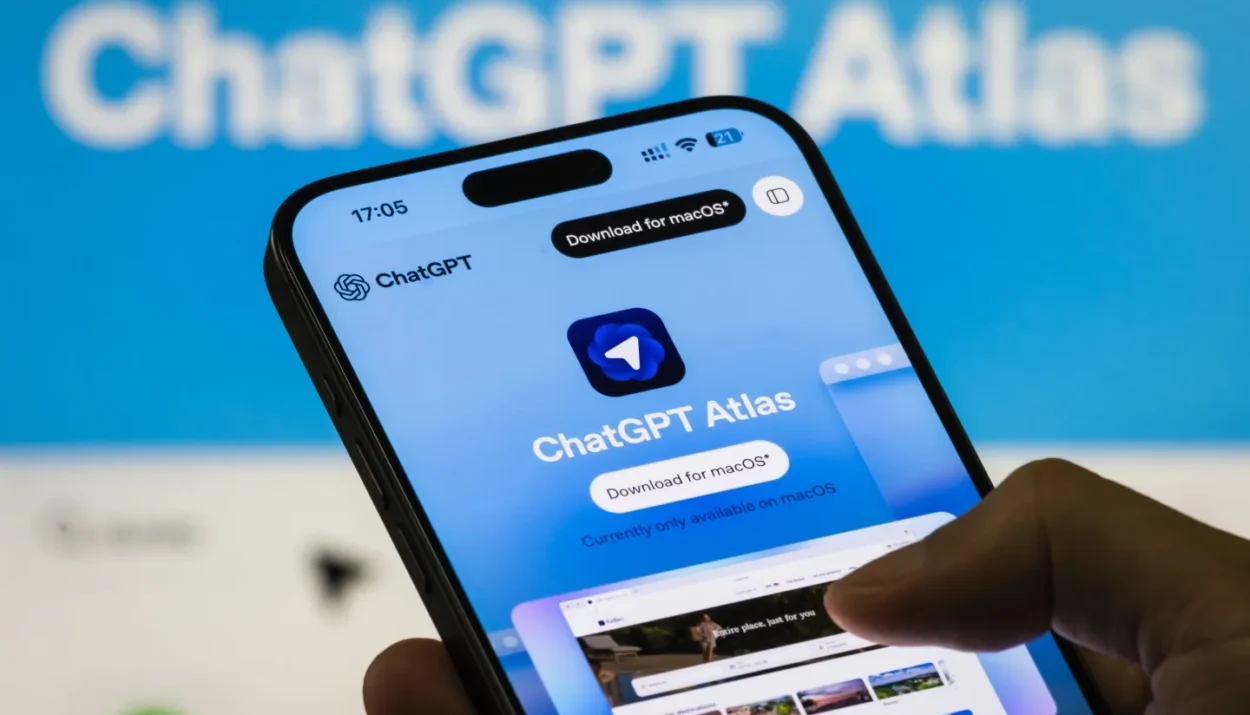OpenAI has launched ChatGPT Atlas, a new AI-powered web browser designed to integrate its popular chatbot directly into users’ online experience, marking its boldest challenge yet to Google Chrome’s 72% market dominance.
Atlas, available now on macOS with Windows and mobile versions coming soon, allows users to summarize webpages, compare products, automate tasks, and even make purchases through its built-in ChatGPT sidebar. The browser also features an “agent mode” for paid users, enabling ChatGPT to interact with websites on their behalf — from booking trips to filling out forms.
OpenAI says Atlas could redefine how people search and browse by shifting from keyword-based searches to AI-driven, conversational results, potentially disrupting the digital advertising model long dominated by Google. Shares of Alphabet (GOOGL) fell 1.8% following the announcement.
However, cybersecurity experts have voiced serious security concerns. According to Fortune, researchers warn that Atlas’s deep system integration could expose users to prompt injection attacks, potentially allowing hackers to manipulate the AI into revealing sensitive data, downloading malware, or even draining bank accounts.
Early testers also noted performance and accuracy issues. The Verge described Atlas as feeling like “Googling with extra steps,” citing limited search relevance and a slow agent mode that can take minutes to complete simple tasks like online shopping.
Despite the rough start, OpenAI CEO Sam Altman called Atlas “a step toward a more intelligent, personalized web.” Analysts say the browser could eventually pave the way for OpenAI’s ad-based ecosystem, creating direct competition with Google’s search business.
ChatGPT Atlas represents OpenAI’s most ambitious attempt yet to merge AI with everyday internet use — but it faces a steep climb to match Chrome’s dominance and must address major usability and cybersecurity concerns before it can truly redefine how the world browses the web.










